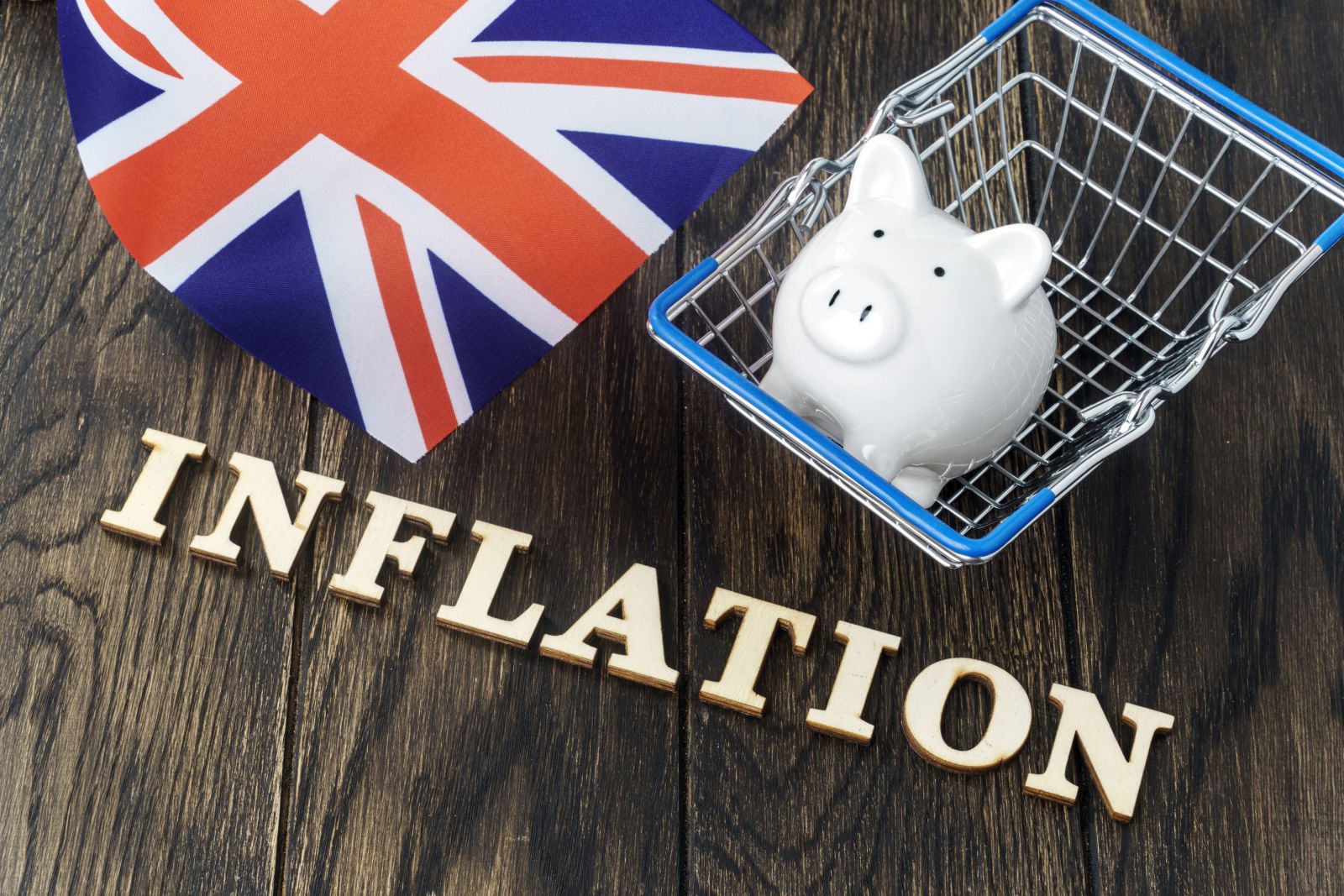ALBAWABA – Unemployment in the United Kingdom (UK) rose in the three months to the end of July whereas basic UK wages remained at a record high, official data from the Office for National Statistics (ONS) showed on Tuesday.
The UK unemployment rate reached to 4.3 percent in the three months to the end of July, Agence France-Presse (AFP) reported, while as basic UK wages grew at a record high.
Basic UK wages growth, excluding bonuses, stood at 7.8 percent in the months May to July.
"Wage growth remains high, partly reflecting one-off payments to public sector workers. But for real wages to grow sustainably we must stick to our plan to halve inflation," finance minister Jeremy Hunt said in response to the ONS’ data.
Prime Minister Rishi Sunak at the start of 2023 said he hoped to halve UK annual inflation when the level stood above 10 percent. But it remains at 6.8 percent, the highest among G7 nations, nine months into the year.

Rising basic UK wages amid higher unemployment indicates that inflation may be higher than officially recorded - Shutterstock
Nonetheless, the UK labor market appeared to weaken again, with vacancies falling below 1 million for the first time since August 2021 and employment plunging 207,000 in the three months to July. Bloomberg reported this as the biggest dip between months since October 2020.
"The tightness of the labour market continued to ease in July," noted Ashley Webb, UK economist at Capital Economics research group, as reported by AFP.
"But the... wage growth will only add to the Bank of England's unease and supports our view that the Bank will raise interest rates once more, from 5.25 percent currently to a peak of 5.5 percent" at its policy meeting next week.
The BOE expects unemployment to rise steadily to 5 percent by 2026 but a key question is how far it has to rise before the labor market is cool enough to take the heat out of wages, Bloomberg pointed out.
As inflation rises in the UK, workers are trying to keep up with the rising cost of living, and Bloomberg Economics thinks that rate is higher than the 4.25 percent currently assumed by the BOE.









